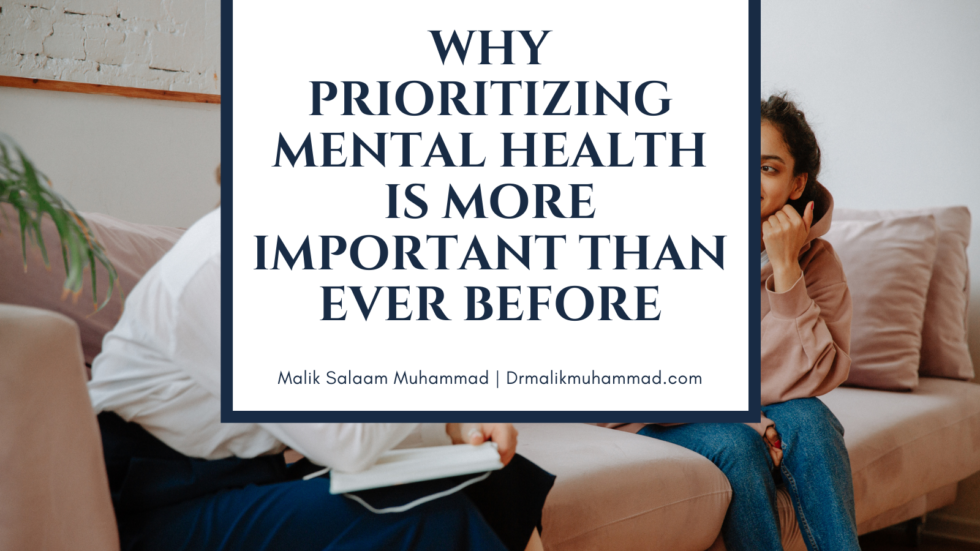Since May 1949, Mental Health Month has been observed in the US. This is a time for the nation to come together to combat the stigma associated with mental health issues and seeking treatment for these issues. Over 43 million Americans suffer from mental illness so US citizens need to know they are not alone.
Niki Grajewski, Clinical Manager at Centerstone, states that one in five people in the US may currently be experiencing symptoms of mental illness. Grajewski asserts that generational trauma, violence in the community, and poverty all contribute to mental illness. People need to acknowledge when they are struggling with their mental health so they can receive the care they need.
Grajewski also shares that the negative impact of mental illness affects children and adults in several ways. Children may become unruly or disobedient, which is a sign of depression that parents may overlook. Adults can, unfortunately, engage in substance abuse to cope with symptoms of anxiety. Our thoughts and feelings have a significant impact on our physical, emotional, and psychological well-being.
Situations in life can also lead to depression and other mental health issues. Due to the COVID-19 pandemic, people are thinking about their mental health more often. The pandemic has drastically changed the way we live and has caused fear, worry, and anxiety for many. Everyone has been affected in some way by the pandemic, which is why it is crucial to pay attention to our mental health and make physical, mental, and emotional wholeness a priority.
To show your support during Mental Health Month, you can:
- Wear green. This is the color used to represent this cause and shows people that you want to lend your support.
- Talk to your friends and loved ones about the importance of recognizing and treating mental health conditions without feeling insecure about seeking help.
- Use credible sources to learn more about mental illness and available treatments.
- Tell your story of your journey with mental illness to help someone else and erase the stigma of acknowledging and treating mental illness.
Don’t be afraid to reach out for help. If you need guidance for handling a difficult situation in your life or you’re feeling overwhelmed, explore your options for treatment. A customized treatment that includes a combination of therapy, medication, or natural remedies could help you make long-term improvements to your mental health.


